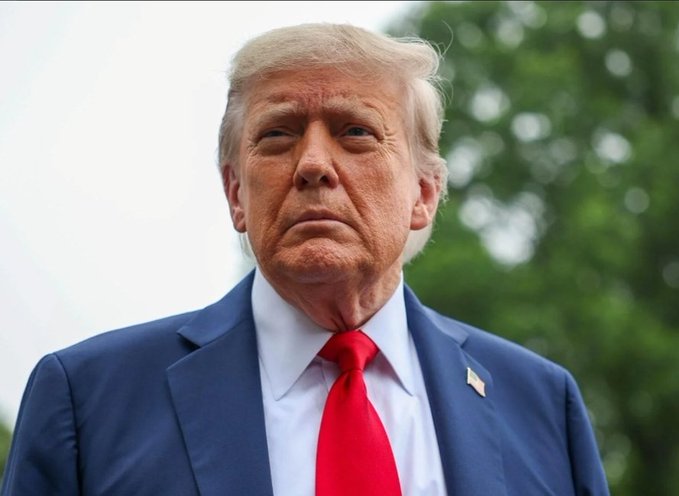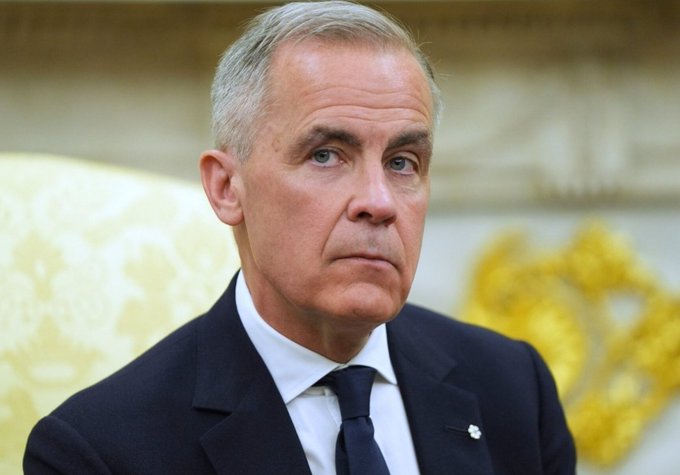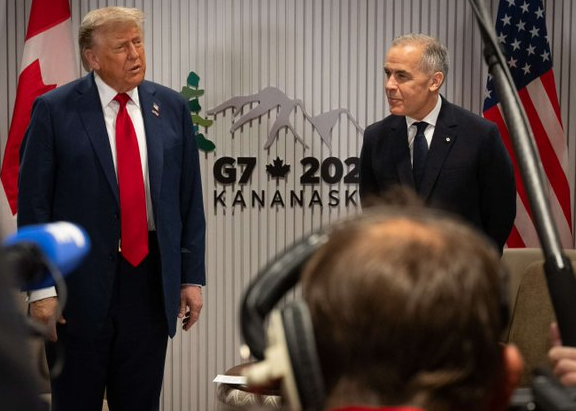In a significant policy reversal, the Canadian government has announced it will rescind its planned digital services tax (DST) on major U.S. technology companies, a move aimed at reviving crucial trade negotiations with the United States. The decision, made just hours before the tax was set to come into effect on June 30, 2025, follows escalating tensions between Ottawa and Washington, and underscores the high stakes involved in North America’s economic relationship.
Background: The Digital Services Tax
Canada’s DST, first announced in 2020, was designed to address what officials described as a “taxation gap” for large multinational tech firms operating in the country. The tax would have imposed a 3% levy on revenues exceeding $20 million generated from Canadian users by digital giants such as Amazon, Meta, Google, and Apple. The measure was projected to cost these companies over $2 billion annually and would have applied retroactively to revenues dating back to 2022.
Finance Minister François-Philippe Champagne explained that the DST was introduced as an interim solution while Canada worked with international partners, including the United States, to develop a multilateral approach to digital services taxation. However, the lack of global consensus led Canada to proceed with its own national measure, which quickly became a flashpoint in bilateral relations.
U.S. Response and Escalating Tensions
The DST drew sharp criticism from U.S. President Donald Trump, who characterized the tax as “a direct and blatant attack on our country” and an unfair targeting of American businesses. On Friday, June 27, President Trump abruptly suspended ongoing trade negotiations with Canada and threatened to impose new tariffs on Canadian goods within a week if the tax was not withdrawn. The U.S. had already imposed significant tariffs on Canadian steel and aluminum earlier in the year, further straining economic ties.

Trump’s administration had previously argued that the DST violated trade rules under the United States-Mexico-Canada Agreement (USMCA), and the issue had been a source of friction even during the Biden administration. The threat of escalating tariffs and a breakdown in trade talks prompted urgent discussions at the highest levels of both governments.
Canada’s Decision and the Path Forward
In response to the U.S. ultimatum and the risk of a broader trade war, Canadian Prime Minister Mark Carney and Finance Minister Champagne announced late Sunday that the DST would be rescinded “in anticipation of a mutually beneficial, comprehensive trade arrangement with the United States”. The first DST payments, scheduled for June 30, were cancelled, and new legislation will be introduced to formally repeal the Digital Services Tax Act.

Prime Minister Carney and President Trump have now agreed to resume trade negotiations, with a target to reach a new agreement by July 21, 2025. The announcement was welcomed by financial markets, with stock indices rising in both North America and Asia following the news.
Broader Implications
Canada’s retreat from the DST highlights the complexities of taxing digital multinational corporations in a globalized economy. While countries like the UK and members of the European Union have also pursued digital taxes, the lack of a unified international framework has led to trade disputes and retaliatory measures, particularly from the United States.
The episode also underscores the importance of the U.S.-Canada economic relationship. Canada is America’s second-largest trading partner, and both nations have a vested interest in maintaining stable and predictable trade ties. Prime Minister Carney emphasized that Canada’s priority remains securing the best possible deal for Canadian workers and businesses.
As negotiations resume, the fate of digital services taxation will likely be addressed within a broader agreement, potentially paving the way for a multilateral solution in the future. For now, the withdrawal of the DST has averted an immediate trade crisis and reopened the door for constructive dialogue between Ottawa and Washington.

